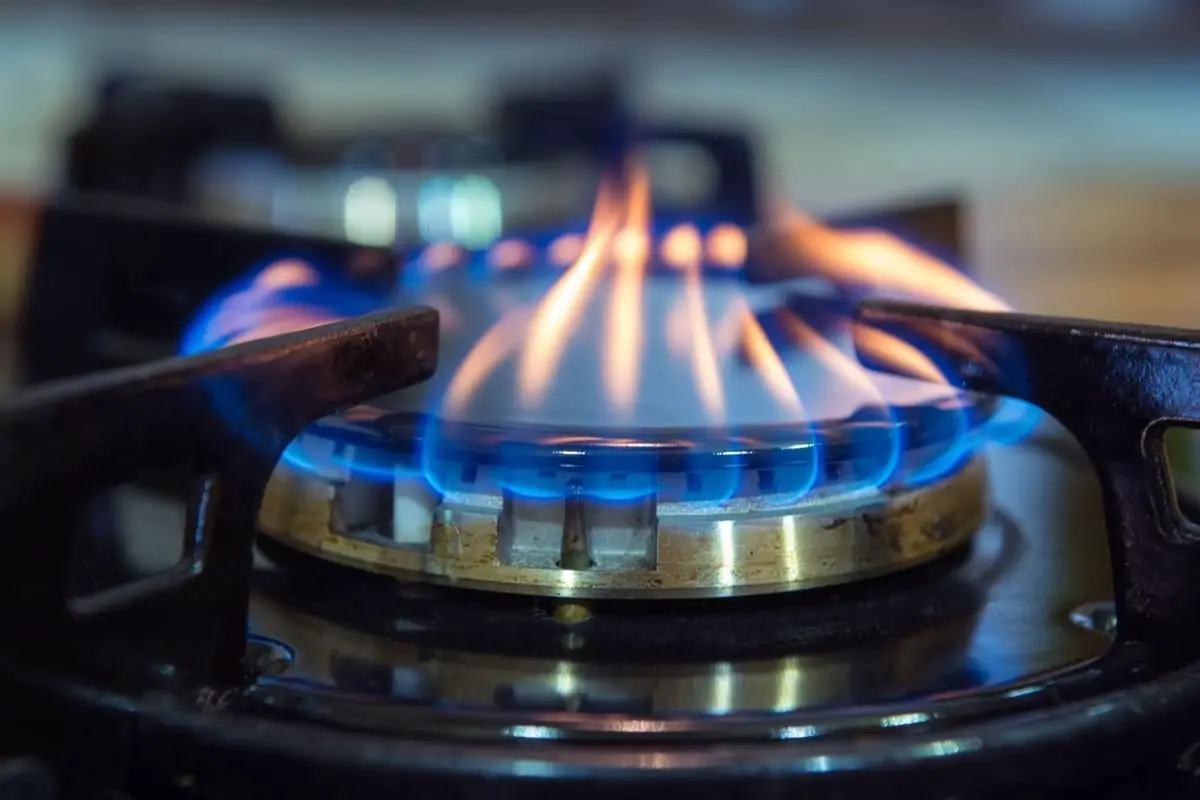The Biden administration has faced recent controversy over rumors that it is planning a nationwide ban on gas stoves. These rumors were sparked by comments made by a federal consumer safety official, who suggested that such a proposal was on the table. However, the White House has since asserted that President Joe Biden does not support a ban on gas stoves.
While a federal ban is not currently in the cards, Biden’s signature climate law includes incentives for moving consumers away from gas appliances. This has led to rising concern about the health risks associated with indoor air pollution from gas stoves. As a result, a federal agency is considering a ban on gas stoves, which could have significant implications for those who rely on these appliances in their homes.
What is the Biden Administration’s Plan?
The Climate Crisis and its Impact on the Environment
The Biden administration is committed to addressing the climate crisis and its impact on the environment. The administration has set ambitious goals to reduce greenhouse gas emissions and transition to a clean energy economy. The use of fossil fuels like natural gas is a major contributor to greenhouse gas emissions, which is why the administration is exploring ways to reduce its use.
The Proposed Ban on Gas Stoves
There have been rumors circulating that the Biden administration is planning to ban gas stoves nationwide. However, these rumors are not entirely accurate. The White House has stated that President Biden would not support a ban on gas stoves. The U.S. Consumer Product Safety Commission (CPSC), an independent agency, has also confirmed that there are no plans to ban gas stoves.
That being said, the Biden administration is exploring ways to reduce the use of natural gas in homes and buildings. Gas stoves are a significant source of indoor air pollution and are linked to serious health conditions like cancer and childhood asthma. Additionally, the production and distribution of natural gas can result in methane leaks, which is a potent greenhouse gas.
One potential solution being explored is the use of electric appliances instead of gas. Electric appliances are becoming increasingly efficient and are powered by a cleaner energy mix. Another solution is the use of renewable natural gas, which is produced from organic waste and can be used in existing gas infrastructure.
Arguments For and Against the Ban
Environmental Benefits of the Ban
Proponents of the ban argue that it would have significant environmental benefits. Gas stoves emit pollutants such as nitrogen dioxide, carbon monoxide, and formaldehyde, which can have harmful effects on the environment and human health. By banning gas stoves, the government could reduce these emissions and improve air quality.
Potential Negative Impact on the Economy
Opponents of the ban argue that it could have a negative impact on the economy. The gas stove industry is a significant employer in many parts of the country, and a ban could lead to job losses. Additionally, gas stoves tend to be less expensive than electric stoves, and a ban could increase the cost of appliances for consumers.
Impact on Consumer Choice and Freedom
Another argument against the ban is that it would limit consumer choice and freedom. Many people prefer gas stoves for their cooking, and a ban would force them to switch to electric stoves, which they may not like or be able to afford. Additionally, some people may not have access to electricity or may prefer to use gas for cooking for other reasons.
Alternative Solutions
There are alternative solutions to reducing greenhouse gas emissions from gas stoves, which do not necessarily involve a complete ban. Here are some potential solutions:
Electric Stoves
One alternative to gas stoves is electric stoves. Electric stoves are powered by electricity, which can be generated from renewable sources such as wind, solar, and hydro. While electric stoves do not produce direct emissions, they do require energy to produce and transport. However, the emissions associated with electric stoves can be reduced by using renewable energy sources.
Renewable Gas
Another alternative is renewable gas. Renewable gas is produced from organic materials, such as food waste and agricultural residues, and can be used as a substitute for natural gas. Renewable gas can be produced through a process called anaerobic digestion, which involves breaking down organic materials in the absence of oxygen. The resulting biogas can then be purified and upgraded to produce renewable natural gas (RNG), which can be used in existing natural gas infrastructure.
Renewable gas has the potential to reduce emissions from natural gas use, as it is produced from organic materials that would otherwise decompose and release methane into the atmosphere. However, the production of renewable gas requires a significant amount of organic material, which can be a challenge to obtain on a large scale.
Conclusion
In conclusion, there is no evidence to suggest that President Biden is planning to ban gas stoves nationwide. The White House has explicitly stated that the President does not support such a ban, and the Consumer Product Safety Commission, an independent agency, has confirmed that no such ban is in the works.
However, it is true that there are concerns about the health risks associated with indoor air pollution from gas stoves. A federal agency is reportedly considering a ban on gas stoves as part of efforts to address these concerns. Nevertheless, it is important to note that no official decision has been made, and it remains to be seen whether such a ban will be implemented.
Regardless of whether a ban on gas stoves is introduced or not, consumers have a range of options when it comes to choosing cooking appliances. These include electric stoves, induction cooktops, and gas stoves with improved ventilation systems. Ultimately, the choice will depend on individual preferences and priorities, including factors such as cost, energy efficiency, and environmental impact.



